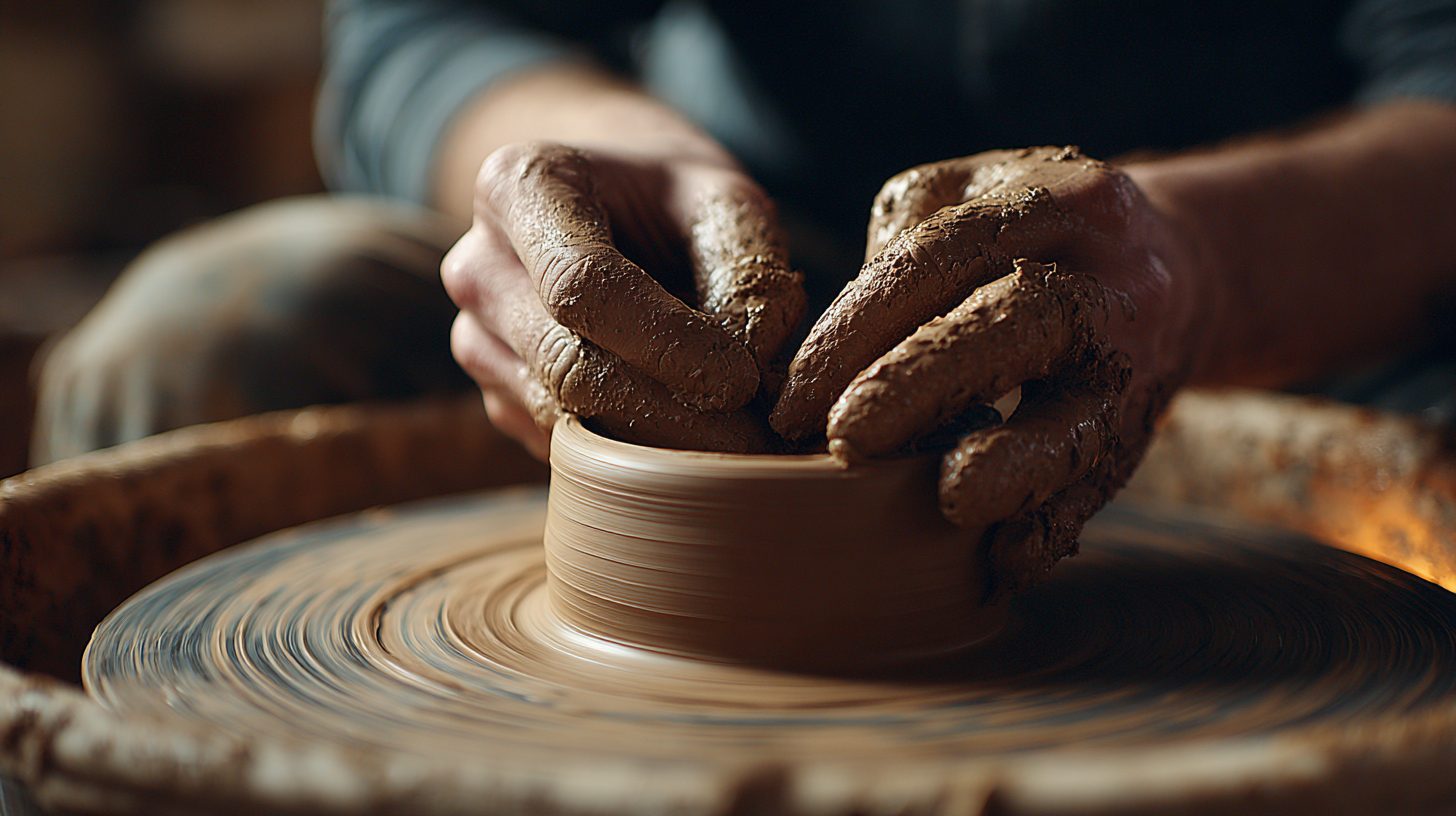

Journey Through Faith
The Ceiling Is a Lie: Why You Stopped Growing (And How to Restart)
By the time we hit thirty, most of us subconsciously decide we are finished products. We say things like, “I […]
-


Personal Growth
/ 5 months agoDebugging Your Mental OS: How to Spot and Rewrite Limiting Code
You feel stuck. You know what you need to do, but something stops you. That feeling isn’t a lack of […]
-


Personal Growth
/ 5 months agoBeyond the Towers: A Eunoia Reflection on Patriot Day
The alarm goes off. You hit snooze. Another Tuesday. But not this one. Not September 11, 2001. For many of […]
-


Consciousness Car Series
/ 5 months agoThe Consciousness Car: Part 2: Read the Map (The Heart)
In Part 1, we met your mental team: the impulsive Driver and the strategic Navigator. They’re a powerful duo, but […]
-


Career
/ 5 months agoBeyond the Job Title: Finding Eunoia in Your Work
Labor Day is more than just the unofficial end of summer. It’s a chance to reflect on our work. We […]
-


Leadership
/ 6 months agoLead the Person, Not the Playbook: A Eunoia Guide to Precise Leadership
Your top performer is struggling. The standard leadership playbook says to offer a generic solution: “Take some time off,” or […]
-


Personal Growth
/ 6 months agoThe Eunoia Compass in Action: A Guide to Making Hard Decisions
We all face forks in the road—career changes, relationship dilemmas, major life decisions. The anxiety doesn’t come from the options […]
-


Personal Growth
/ 6 months agoStop Listening to Your Body. Start Leading It.
We’re told our bodies are wise narrators. “Just listen to your body,” the wellness gurus say. But what if yours […]
-


Personal Growth
/ 6 months agoThe Multitasking Lie: Why a Focused Mind is Your Greatest Asset
You’re proud of your ability to multitask. You shouldn’t be. It’s a lie your brain tells you, and it’s costing […]
-


Personal Growth
/ 6 months agoThe Beginner’s Mind: A Eunoia Guide to Lifelong Learning
August brings a familiar energy—a desire for a fresh start, a new set of tools. But as adults, the most […]


